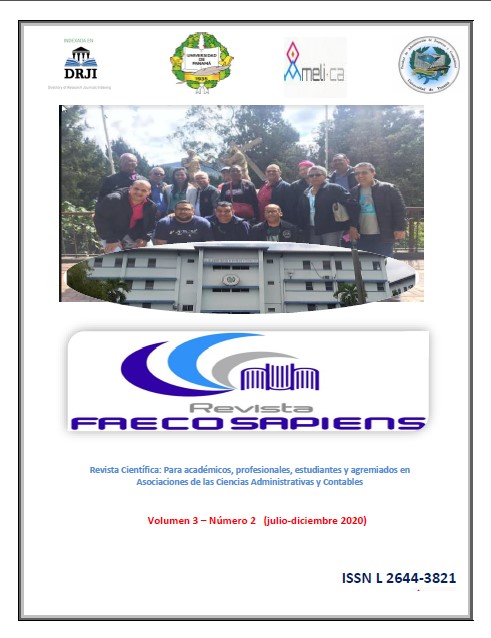

Next, we present a research advance (short manuscript) of the "Effect of Contingency Theory, on the Comprehensive Risk Management Model of banks in Panama", the objective set is to establish aspects of the Contingent Theory and the incidence that exists with the Regulatory Framework for Comprehensive Risk Management, contributing to innovation in risk management. The work is supported by authors such as Anette Mikes and Robert S. Kaplan, who propose that Risk Management contemplates contingent factors for companies, as well as Paul Lawrence and Jay W. Lorsch who point out that there is no "better way" to organize the organizational structure according to the contingency approach. The methodological design is based on a quantitative, exploratory, observational cross-sectional and descriptive-correlational approach. The sample is the total of 75 banks, and surveys and structured interviews will be used. We present an advance of the validity and reliability of the research collection instruments, using the validity ratio of Lowshe (1975), (CVR.0.82) for the survey and (CVR.0.923) for the interview, the technique used to Cronbach's Alpha was used to measure reliability, resulting in high levels (0.9326) of a pilot sample, which represents that the research results have a high probability of testing the hypothesis presented.